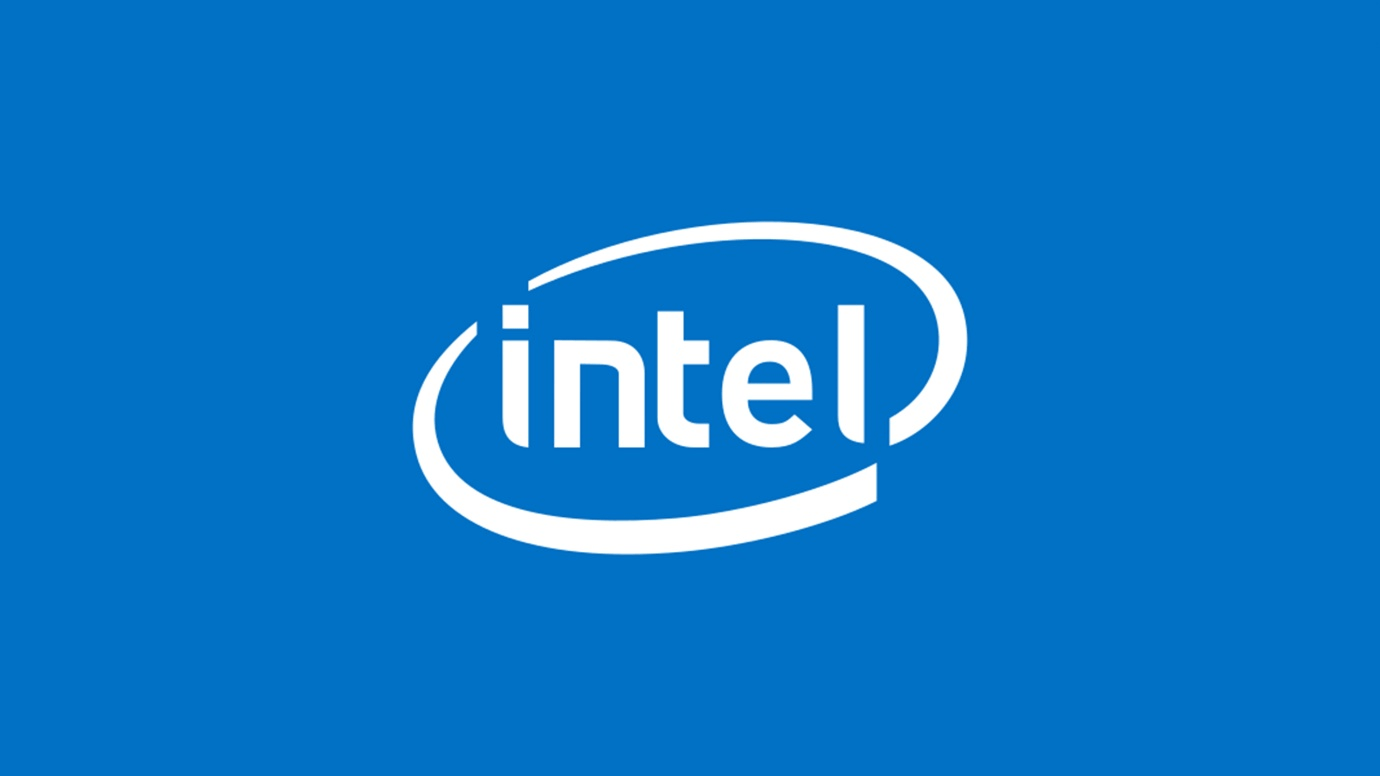
Why Skills-First Leadership Is Replacing the Ivy League Playbook in the C-Suite
The old prestige pyramid—where Ivy League degrees and blue-chip consulting backgrounds paved the way to the CEO seat—is cracking.

January 12, 2022: -U.S. chipmaker Intel has deleted references to Xinjiang from an annual letter to suppliers after the company faced a backlash in China for asking suppliers to avoid the sanctions-hit region.
In the previous month, Intel is slamming on Chinese social media for a letter to suppliers published on its website. The December 23 letter said Intel had been “required to ensure that its supply chain does not use any labor or source goods or services from the Xinjiang region” after following restrictions imposed by “multiple governments.”
According to a Reuters review of the page on Tuesday, this paragraph, or any reference to Xinjiang or China, was not in the letter. The letter now reads that the company prohibits “any human trafficked or involuntary labor like forced, debt bonded, prison, indentured, or slave labor throughout your extended supply chains.”
It apologized in the previous month for the “trouble” it had caused, which says that its commitment to avoid supply chains from Xinjiang was an expression of compliance with U.S. law instead of a statement of its position on the issue.
Multinational companies have under pressure as they are aiming to comply with Xinjiang-related trade sanctions while continuing to operate in China, one of the biggest markets.
The U.S has accused China of widespread human rights abuses in Xinjiang, home to predominantly Muslim Uyghurs, including forced labor. Beijing has repeatedly denied the claims.
Intel’s deletion of the reference to Xinjiang in its annual letter to suppliers, which the Wall Street Journal first reported, was criticized by U.S. Senator Marco Rubio.
“Intel’s cowardice is yet one has the predictable consequence of economic reliance on China,” Rubio said in a statement.
“Instead of humiliating apologies and self-censorship, companies should move their supply chains to countries that do not use slave labor or commit genocide.”
Rubio was among the four U.S. politicians introducing the Uyghur Forced Labor Prevention Act in the previous month, calling for a ban on imports from Xinjiang over allegations of forced labor there. On December 23, U.S. President Joe Biden signed the act into law.

The old prestige pyramid—where Ivy League degrees and blue-chip consulting backgrounds paved the way to the CEO seat—is cracking.

Loud leaders once ruled the boardroom. Charisma was currency. Big talk drove big valuations.

But the CEOs who make history in downturns aren’t the ones with the deepest cuts

Companies invest millions in leadership development, yet many of their best executives leave within a few years. Why?

The most successful business leaders don’t just identify gaps in the market; they anticipate future needs before anyone else.

With technological advancements, shifting consumer expectations, and global interconnectedness, the role of business leaders

Following a distinguished Law Enforcement career Joe McGee founded The Securitatem Group to provide contemporary global operational specialist security and specialist security training products and services for private clients, corporate organisations, and Government bodies. They deliver a wide range of services, including complete end-to-end protection packages, close protection, residential security, protection drivers, and online and physical installations. They provide covert and overt investigations and specialist surveillance services with a Broad range of weapons and tactical-based training, including conflict management, risk and threat management, tactical training, tactical medicine, and command and control training.

Jay Wright, CEO and Co-Owner of Virgin Wines infectious energy, enthusiasm, passion and drive has been instrumental in creating an environment that encourages talent to thrive and a culture that puts the customer at the very heart of every decision-making process.

Fabio de Concilio is the visionary CEO & Chairman of the Board at Farmacosmo, a leading organization dedicated to mental health and community support services. With a deep commitment to identifying and meeting customer needs, Fabio ensures that high standards are maintained across the board.

Character Determines Destiny – so said Aristotle. And David CM Carter believes that more than anything else. For David, it has been numerous years of research into codifying Entelechy Academy’s 54 character qualities that underpin everything he stands for as a leader and teacher.


Leave us a message
Subscribe
Fill the form our team will contact you
Advertise with us
Fill the form our team will contact you